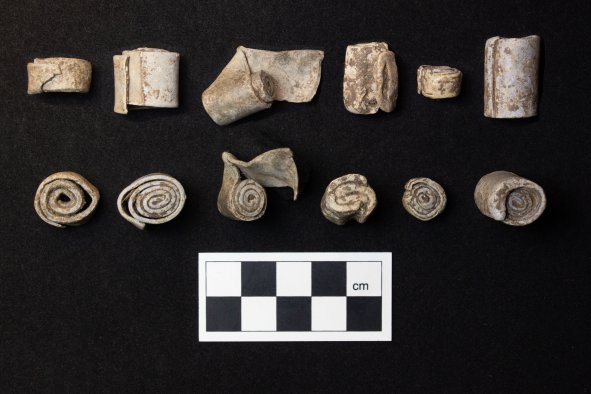Scientists may be one step closer to a new treatment for Alzheimer's disease, with the help of our brain's own cellular cleanup crew.
Alzheimer's affects roughly 5.8 million Americans, according to the Centers for Disease Control and Prevention. The progressive disease is the most common form of dementia and is associated with memory loss and cognitive decline in regions of the brain involved in thought, memory and language.
Today, there is no known cure for Alzheimer's, although scientists believe that it is caused by the abnormal buildup of proteins in and around the brain cells. Normally, any excess proteins and cellular debris would be cleared away by our brain's cellular cleanup crew, known scientifically as the microglia.
These microglia are known to limit the progression of Alzheimer's disease through this cleanup process. However, in Alzheimer's patients the activity of these microglia becomes restricted.
In a new study, published in the journal Science Translational Medicine, researchers from Washington University in St. Louis used mice and human brain tissue to investigate how these microglia are controlled at a cellular level, and how this control changes during Alzheimer's.
In particular, they chose to home in on one particular receptor on the surface of microglia named LILRB4, which acts as an off switch for microglial activity. By studying slices of brain tissue from patients with Alzheimer's, the team, led by Jinchao Hou, discovered that the patients' brains showed high levels of this "off switch" on the surface of their microglia.
To confirm whether this had anything to do with the build up of abnormal proteins in the patient's brains, the researchers demonstrated that expressing this human LILRB4 "off switch" in genetically engineered mice disrupted the activity of the mice's cellular cleanup crews, allowing abnormal proteins to build up in the mice's brains.
However, when they blocked this molecular off switch, the activity of the mice's microglia was restored and the levels of abnormal proteins in their brains decreased. This was matched by improvements in cognitive behaviors, including their ability to solve a simple maze.
While more studies need to be done to confirm the applicability of these results in humans, these findings offer exciting avenues for the development of Alzheimer's treatments in the future.
Is there a health problem that's worrying you? Do you have a question about Alzheimer's disease? Let us know via health@newsweek.com. We can ask experts for advice, and your story could be featured on Newsweek.
Disclaimer: The copyright of this article belongs to the original author. Reposting this article is solely for the purpose of information dissemination and does not constitute any investment advice. If there is any infringement, please contact us immediately. We will make corrections or deletions as necessary. Thank you.



